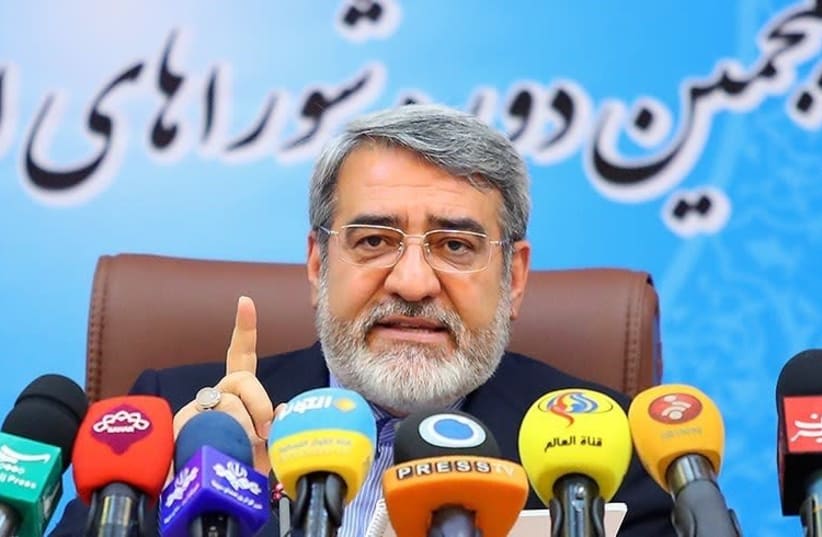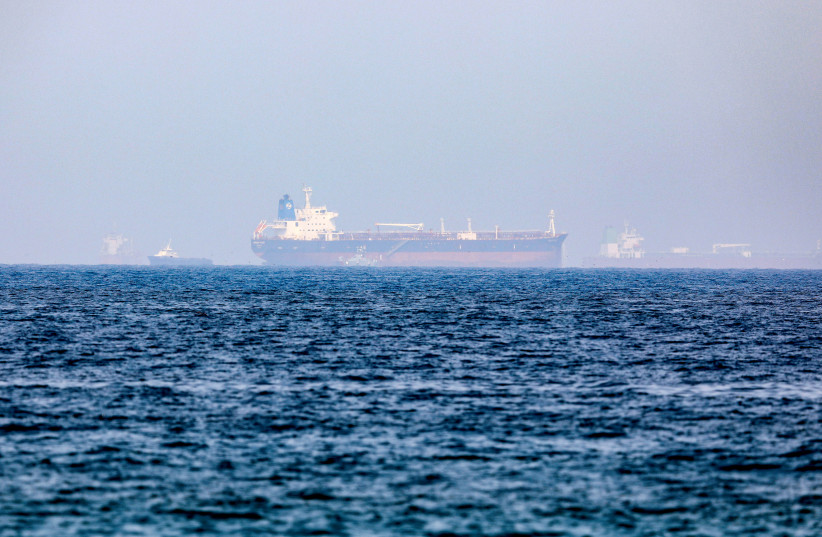The Iranian Foreign Ministry has denied that a member of its forces or one of its citizens was killed in Yemen. The denial is interesting because there wasn’t much attention given to this story.
Questions arise about why Iran would deny something that no one else knew about. Although Tehran may be trying to get ahead of the story, it may be giving it credence by denying it.
Foreign Ministry spokesman Saeed Khatibzadeh denied that “an Iranian citizen had been killed in Yemen and stressed that there was no Iranian military adviser in Yemen to bomb the aggressors,” Iran’s Tasnim News Agency reported.
Why would he stress that there were no military advisers? Who is accusing Iran of sending military advisers?
Tehran has strongly denied having any link to the July 29 attack on the MT Mercer Street, an oil tanker hit by drones off the coast of Yemen, which may have flown from Iran or Yemen.
Iran has sent drone and missile technology to the Houthis in Yemen. This means Iranian advisers linked to the IRGC are likely in the West Asian country.
Iran wants to gloss over this fact.
“Such baseless statements do not change the reality of the Yemeni scene in relation to the cowardly attacks of the self-proclaimed coalition against the oppressed people of Yemen and their steadfastness in the face of aggression,” the Foreign Ministry spokesman said.
According to Tasnim, Khatibzadeh also said: “Unfortunately, we see people who consider themselves Yemeni encouraging and accompanying the aggressors to the oppression caused by the siege and the war against the people.”
This is because Iran argues that Saudi Arabia’s 2015 intervention in Yemen to help the Yemeni government fight the Houthi rebels has caused suffering. Iran has increased support for the Houthis since then, providing long-range missiles and drone technology.

